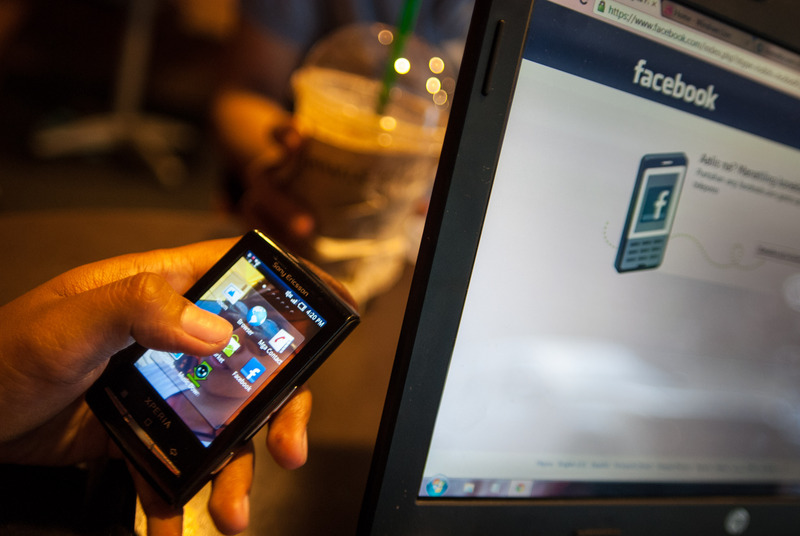
Californian legislators have come up with a plan that would help teenagers delete their online presence, or at least the parts that are held by social media sites.
It’s an incredibly tempting notion: as the Independent’s Grace Dent points wrote this week:
If only I could have rounded up my past in binliner at 18 and set it alight. All those love letters, declaring undying love now sitting in the lofts of boys I can’t remember the names of, the missing diaries, the angry letters sent to the NME, some petulant letters sent to Mars Inc. about the Marathon to Snickers name change. How lovely if aged 18, following a short button pressing ceremony I was officially no longer a twerp.”
Dent is writing about a teenage past pretty much pre-Internet, never mind pre-smartphone with 8 megapixel camera. I’m of the same vintage. There’s really very, very little of young me out there. Thank God.
It is different of course for teens today, who innocently post vast amounts of information about themselves online. We’re beginning to see the repercussions of that. Cast your mind back to earlier this year and the case of 17-year-old Paris Brown, the recently elected youth police and crime commissioner for Kent, who lost her salaried job after someone dug up a few stupid things she’d posted on Twitter a few years previously. It’s depressing that people can be so unforgiving of children.
Much worse, Texan teenager Justin Carter could face jail after being charged with making “terroristic threats” during a Facebook argument about a video game.
Could an erase button solve any of this? I’m not sure. It is possible to get rid of one’s Facebook and Twitter accounts already, but will it be possible to erase all the mentions? The tagged photos and endless other footprints left online? I’m not so sure.
Moreover, I don’t know if it’s a really positive idea. If the web is to be part of everyday life, which we seem to want to encourage, then how does this initiative, essentially creating two different lifetimes, work?
At an Index on Censorship discussion on young people’s free speech online last Monday, an interesting idea emerged: should the joys and dangers of social media be taught in school? Like sexual education is taught? Social media, like sex, is part of life and people should be taught about it sensibly. The worry with a button that effectively erases one’s adolescence is that it may mean we avoid talking about positive social media use for teens in the first place.
On top of all this is broader society. Should we not be a little more forgiving of young people’s indiscretions? A little less judgmental?
We should be able to to delete information we’ve put online about ourselves, absolutely. But we should also be creating an atmosphere where young people don’t feel the need to take the nuclear option and erase years of thoughts, ideas and memories.
This article was originally published on 27 Sept 2013 at indexoncensorship.org





